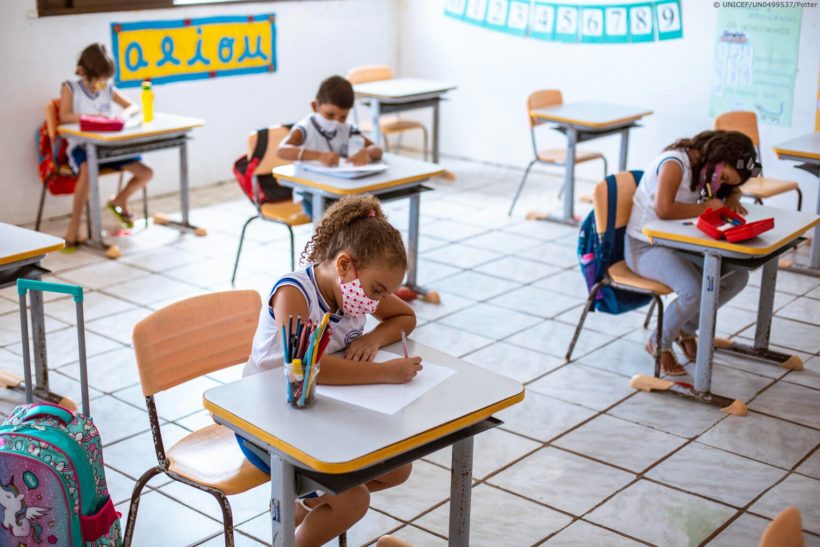With less than two weeks to go before the presidential elections in Chile, it is striking that, despite the fact that there is agreement that education requires profound change, no candidate has proposed a paradigm shift in his or her government programme. Their programmes respond to marginal aspects of the education system that may be of interest to those involved, but do not propose a hopeful future for current and future children and young people.
Education of excellence is no longer a process of teacher teaching/student learning, because the level of accumulated knowledge in the world is such that the important thing is to develop the curiosity to investigate and the skills to do so.
Throughout human history, social, cultural, economic, technological, religious, etc. changes occurred at such a speed that it was difficult for a generation to realise the impact of such changes on their lives, unless there was a war or a revolution. However, in the last 100 years and especially in the last 30 years, change is perceptible in everyday life.
The oldest of my grandchildren is 11 years old and they all look at me strangely when I tell them that in Chile there was no television when I was a child, that the personal computer only became available in the 1980s and that the massification of social networks and access to mobile phones occurred after they were born. They find it hard to understand that my grandfather and one of my uncles died young, because antibiotics didn’t exist before.
And when they ask me what education was like in those years, I am sad to tell them that little has changed, because we are still in the same paradigm since schools were created. I tell them that I studied in the same school they attend and that almost everything is still the same after 50 years. Maybe they are right when they say that school is boring, when you ask them if they like going to school. The world has changed, but school as we know it today continues to resist change, as do many who do not put children and young people first.
The main paradigm we must question is that the quality of education is the result of standardised tests in mathematics and literacy. Relevant subjects for the integral development of students are left out, such as, for example, art, an area of education that is completely undervalued. Art allows us to explore old and new worlds, to cross cultural, ideological and aesthetic boundaries. But, above all, art develops the capacity for observation and appreciation, and awakens and exercises curiosity, questioning and critical thinking.
There are other issues that dominate the political agenda, and it is regrettable that education is not a banner that mobilises citizens as it was at the beginning of the 20th century, when primary education became compulsory in Chile in 1920, after two decades of discussion, when the paradigm changed that there was no need for significant segments of society to leave illiteracy behind. Despite the fact that it is essential for the future, the presidential programmes do not propose paradigm shifts that would lead to new public policies in education.












